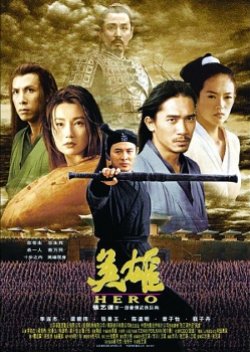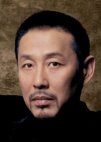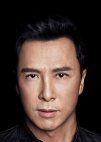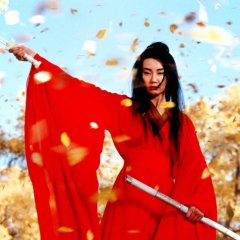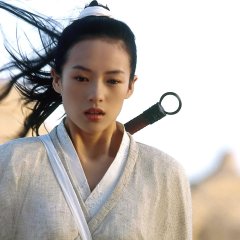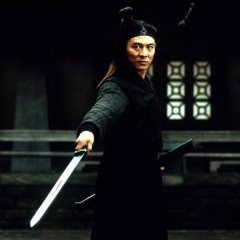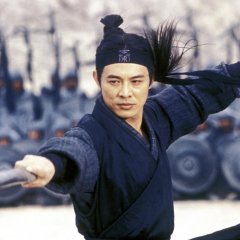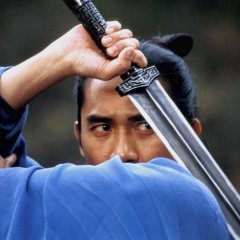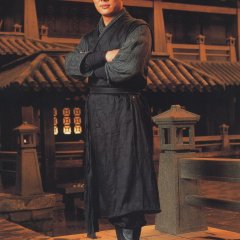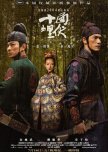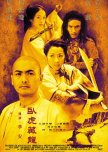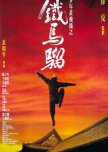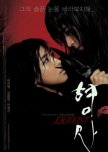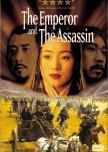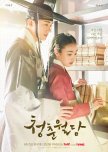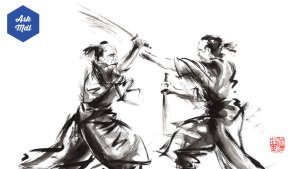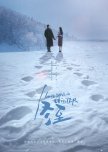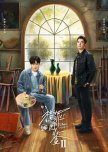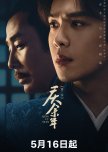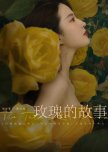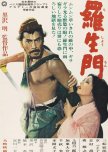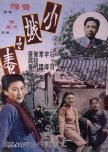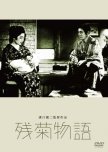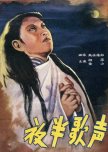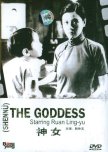 Stunning Visuals in Asian Cinema
Stunning Visuals in Asian Cinema Il y a deux mille ans, la Chine était divisée en sept royaumes. Chacun d'eux combattait les autres pour obtenir la suprématie, tandis que le peuple endurait la souffrance et la mort. De ces sept royaumes, Qin était le plus virulent. Le roi de Qin était obsédé par la conquête de la Chine et le désir de devenir son premier Empereur. Les autres royaumes dépêchèrent leurs plus redoutables assassins pour l'éliminer. Le seul nom de trois de ces tueurs suffisait à répandre la terreur : Lame Brisée, Flocon de Neige et Ciel Etoilé. A quiconque anéantirait ces trois assassins, le roi de Qin promit puissance et fortune. Pendant dix ans, personne n'y parvint. Lorsque le mystérieux Sans Nom se présenta au palais, avec en sa possession les armes des assassins abattus, le roi fut impatient d'entendre son histoire. Assis à dix pas du monarque, Sans Nom commença alors à la raconter... (La source : AlloCiné.fr) Modifier la traduction
- Français
- Русский
- Português (Brasil)
- Português (Portugal)
- Titre original: 英雄
- Aussi connu sous le nom de: ying xiong
- Scénariste et Réalisateur: Zhang Yi Mou
- Scénariste: Wang Bin
- Genres: Thriller, Psychologique, Wuxia, Drame
Distribution et équipes
- Tony Leung Rôle principal
- Maggie Cheung Rôle principal
- Chen Dao Ming Rôle principal
- Zhang Zi Yi"Moon"Rôle Secondaire
- Donnie Yen"Sky"Rôle Secondaire
Critiques


All is fair in love and war...
For those who love wuxia or Zhang Yi Mou's films, Hero will weave around you, wrapping you in its hypnotic effects of color, music, scenery, and skilled performances. The film is a poetic examination of the different facets of being a hero and the sacrifices required. As a fan of both wuxia and Zhang Yi Mou I found this film breathtakingly beautiful and emotionally heartbreaking.It is helpful to understand on the first watch of Hero that the story is not told in chronological order or from a single viewpoint. Each viewpoint and version of the story has a particular color hue. When the warrior Nameless is brought before the Qin emperor, gray and black dominate the color scheme. Nameless has killed the three most infamous and dangerous assassins in the realm granting him unprecedented access to the emperor, coming within 10 paces of him with only several rows of candles between them. The emperor asks Nameless to explain how he came to possess the weapons when even 3000 soldiers could not acquire them.
Nameless (Jet Li) tells the emperor a story of how he defeated Sky (Donnie Yen) and his silver spear in the rain accompanied by an old blind man playing the guqin. Every time I watch this movie it is a treat to see Jet Li and Donnie Yen fighting in the rain with water dripping from the rooftops. Next, in a world gone crimson, Nameless explains how he defeated the warriors and lovers Snow (Maggie Cheung) and Broken Sword (Tony Leung). Broken Sword believes that calligraphy and sword fighting are intertwined. He and Snow are the masters in a calligraphy school drenched in red but have a rift driven between them. This vermillion school is the home of primal emotions-jealousy, hate, lust, and revenge. Nameless wants a banner with the unique and 20th version of the word "sword". This memory has a sequence with an extraordinary fight between Snow and Moon (Zhang Zi Yi). In a spiraling storm of golden leaves the two women swirl and parry until blood is drawn and the leaves echo the color of life and death.
The emperor doesn't believe Nameless and gives his version of events now told in blue. The characters are calm, clear thinking and accepting instead of being ruled by their passions. Instead of Nameless ending up with the swords because of vengeance, this time the lovers willingly hand over their swords in order for the skilled Nameless to kill the emperor. After Snow sacrifices herself Nameless and Broken Sword have a balletic battle over a tranquil cerulean lake.
Finally, the truth is told in white as death hovers ever near for the characters and the genuineness of their motives is revealed. The emperor's memories of Snow and Broken Sword attacking him three years ago are in green with floating green curtains hanging from the throne room ceiling. In this emerald world Broken Sword had a moment of clarity and that clarity distanced Snow from him.
Zhang Yi Mou's lush and color saturated frames were romantic and stunningly spectacular. Every version of the events was filtered through the chosen color-lighting, wardrobe, and sets. He is a director who always knows how to get the most out of nature's scenery whether in the wind blown desert or a verdant hillside. Tan Dun's score was splendidly lovely and mournful.
This film had a dream cast. Jet Li's reserved acting was perfect for the Nameless and committed warrior. Maggie Cheung and Tony Leung have never looked more beautiful. Snow and Broken Sword had a tender yearning for each other tragically tethered to her burning desire for revenge. They were truly the emotional heart of the film. Neither the lovers nor their swords could ever be parted. Their final scene was emotionally shattering. Zhang Zi Yi played Broken Sword's servant, Moon. Thinly drawn, she filled it out as much as she could. Donnie Yen was only briefly featured and brought the martial arts credibility to go along with Li's. Chen Dao Ming gave the right amount of balance, maybe more humanity than he deserved to the tyrant emperor.
Despite being a wuxia, the fights were not the main thrust of the story, even though they were well choreographed and shot. For those not familiar with the genre, the fights often relied on wire work. Though most of the actors were quite graceful as they danced and twirled in the air, there were a few gaps. The choreography tended to err on the side of the visual instead of the realistic which made for imaginative sword work. Jet Li moving through the rain drops is still one of my favorite movie images. The large Qin army raining down impossibly numerous arrows on the calligraphy school with two characters countering them conveyed the dire situation of the heroes and the high stakes.
The only thing that kept this film from being perfect for me was the ending. The emperor's adage that the brutal destruction of his enemies and annexation of their lands was for the greater good and the hero's acceptance of this was disturbing. I thought it was ironic that the old calligraphy master said, "Qin arrows can never annihilate our written words." In reality, the emperor did just that by massive book burnings and burying alive over 400 scholars who disagreed with him. I do agree with Broken Sword that the goal is to be rid of the desire to kill and the need for the sword and to live in peace with one another. Because this is not my country and history, I do not have an educated view on this emperor, only a limited personal opinion. Whether desiring to kill the emperor to prevent further war or letting him live to prevent further war, the heroes were willing to sacrifice all for their beliefs.
Despite the ending, I loved this film. The haunting score, the lush colors, fanciful fights, and sorrowful love story pull me in every time. In large part due to the stellar cast and Zhang Yi Mou's exquisite directing style, I have found few wuxias better than this one.
3/27/23

